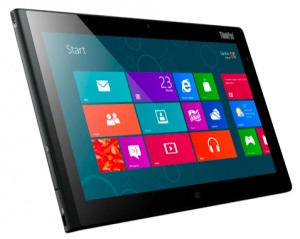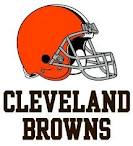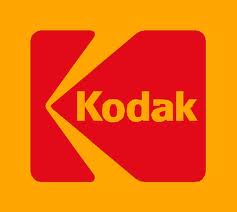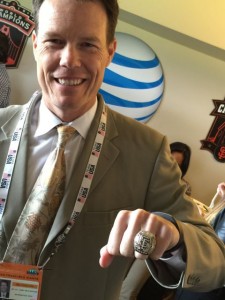I guess it is never too early to get a jump on your competitors and with that in mind Lenovo has unveiled the specifications and look of its new ThinkPad Tablet 2 that will be running Windows 8 from Microsoft.
The tablet, which will not be available until late October when Microsoft officially makes the new operating system available to the public, is one of the first to be shown prior to the event, but we expect a number of others to show off their wares prior to the October 26 launch.
It is powered by an Atom processor from Intel code-named Clover Trail, and will run the Windows 8 Pro version of the operating system. Both are major changes from last year when Lenovo debut its first generation ThinkPad Tablet that ran on an ARM processor and used Google’s Android operating system.
The tablet is expected to weigh in at 1.3 pounds and will be available in either a 3G or 4LTE version. It will include a 10.1-inch display that has 1366 x 768 display, a front facing 2MP camera and a 8MP rear facing camera and is expected to have a 10 hour battery life. A few nifty options will also be available including a keyboard, dock and a digitizer that enables pen input. Pricing has not been released
Lenovo has previously said that it will target businesses as much or more than it will consumers with its tablets, which is the reason for going with both the Intel processor and the Windows OS. This will enable backward compatibility with existing x86 apps and documents, something that the ARM/Android combination does not.
There is a host of developers that will be releasing products into this space in the upcoming weeks, from Microsoft itself with its Surface tablet to Hewlett-Packard, Dell and Acer, among others. On the non-Windows front there is also a new Kindle expected soon as well as a refresh in Apple’s iPad family, so the options for a user looking for a new tablet continue to improve with more choices.















